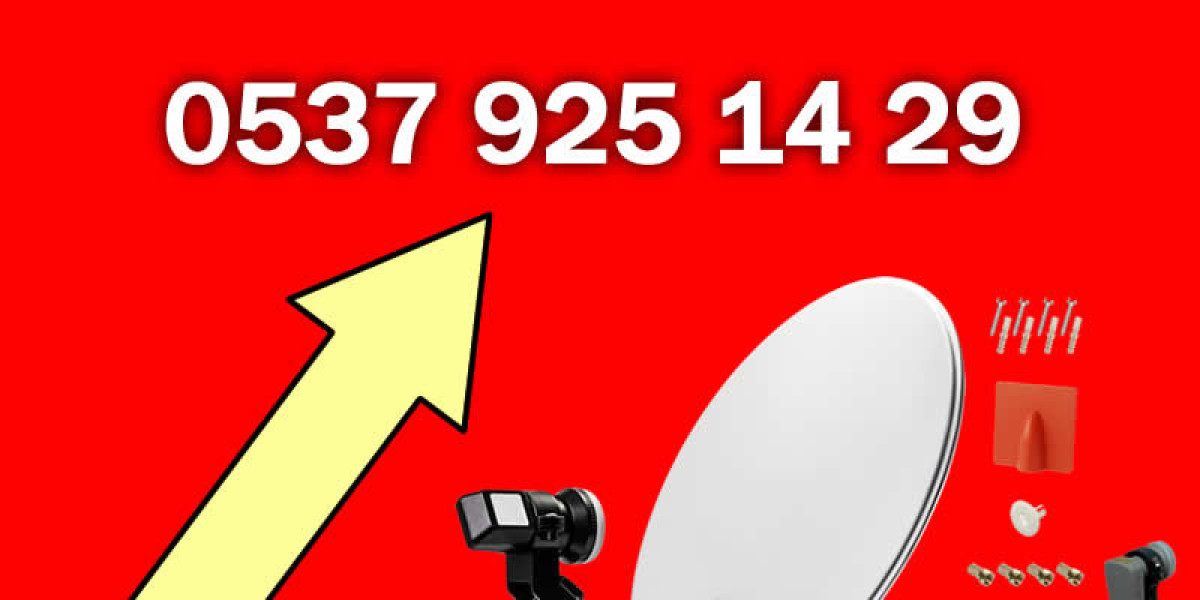 How to Get a French Driving License
How to Get a French Driving LicenseIt is essential to know the driving laws of France before you begin driving. It is also important to be aware of the license requirements.
 It could take from a few weeks to a couple of months to get your French driving license. It is a pink credit-card format that is valid for 15 years.
It could take from a few weeks to a couple of months to get your French driving license. It is a pink credit-card format that is valid for 15 years.Rules of the Road
With its vast stretches of breathtaking countryside and vibrant cities, France is a popular destination for road trips. It is crucial to be aware of the rules of the road in order to avoid getting into trouble with the police. You must always carry your driving licence and proof of insurance with you. A driving permit is important to travel with.
Traffic in France is a bit slower than in the United States, and there are more pedestrians walking the streets. It is therefore essential to drive defensively, and watch out for drivers who turn left in front of you. It is also not recommended to drive after having consumed alcohol. If you're caught driving while impaired and are fined as much as 135 euros or lose points on your license.
In France it is against the law to use your mobile while driving. You are only able to make hands-free phone calls when your helmet has an integrated headset. If you are stopped by the police, you can be penalized for texting or speaking while driving. You must also wear a seat belt in both the front and back seats. If you have children in your car younger than 10 years old they must be seated in the back of the vehicle and be secured by the child seat or seatbelt.
Additionally, you should keep a copy of your passport at all times. This is a requirement of the law and will be checked if you're stopped for any reason.
It is important to know that speed limits vary on French roads. Autoroutes, for example have a higher limit of speed than other roads. There are also tolls when driving on these roads, which you can pay in cash or credit card.
Prioritize a straight line is the most important rule to adhere to in France. This means that any vehicle coming from your right gets priority. This is true even if they join an important highway from a tiny village track. This is particularly important on narrow country lanes, where cars often cross each other in the middle of the road.
Passing the test
Once you've passed your written test, you're now ready to take the practical driving test. This is a more difficult portion of the test than the theory test and you'll have to do plenty of practice before passing it. You should find a driving instructor who will provide you with a variety of driving lessons before you take the test. Also, make sure you have at least third-party liability car insurance before driving in France.
You can sign up for the written exam by visiting the ANTS website and entering your NEPH number (your application number) along with a photo ID. The French driving license photo must be in color and full-face unlike the American passport photo. You can request a translator if you are not a native English speaker. However, you must request this at least two days in advance of the test.
After passing the driving test, you will be issued a CEPC, which is your driver's licence examination certificate. You'll need to show this to your local prefecture when you apply for an French license. Then, you can begin driving in France.
If you fail the driving test, you'll have to wait between two and 45 days before you can retake it. The number of times that you can retake your driving test is unlimited, but it is recommended that you wait until you're ready to take the test.
A driving license is a necessity for living in France. If you are planning to stay in France for more than one year, you will require a driving license before you are allowed to drive on French roads. Some Americans do not adhere to this requirement and continue to drive on their US license after the one year mark. This could lead to serious accidents or even fines.
Fortunately, some states have reciprocal agreements with France. Kentucky, for example, permits its citizens to swap their U.S. drivers' licenses for French ones without undergoing the lengthy, lengthy procedure of passing a written exam and passing a practical driving test. Other Americans, however, have to go through a number of hoops just to obtain their French licenses.
How to obtain a license
If you're an expat or a foreigner who has an active driving license from a country with reciprocity agreements with France, you can exchange it to the French licence without having to pass the driving test. There are a few rules to be aware of. First, you must ensure that your driver's licence was issued while you were legally living in the country where it was issued. You will then need to fill out a new form. The form is available online. Select the next step after selecting Renewal of Driver's License.
Choose the reason why you need the licence and fill in your driver's details. If you're a licensed driver B, for instance you can drive vehicles that are up to 3,5 tons in weight and that can accommodate nine or less. You can also tow a vehicle that is not heavier than yours.
Next, you will need to submit your application to the prefecture of your area. It is essential to fill in all of the necessary information and attach copies of your identity documents. Be sure to include your passport, or any other photo ID along with the proof of address. Also, you will require a medical certificate, if necessary. The licenses for categories A and B last 15 years. The categories C, CE, DL, and D are valid for 5 years.
In some cases, it is possible to get an French license in several months. This is particularly applicable to students from abroad who are enrolled at an French university. Students who aren't at a French university can expect to wait much longer to be granted.
If you are looking to learn to drive in France, it is best to learn how to drive at a school that offers English. Many schools in Paris offer English classes, but not all. People who live outside Paris should contact their local prefecture and inquire if they have an driving school that can provide classes in English.
Driving in France
It is crucial to observe the rules of the roads and the proper manner of driving in France. A valid driver's licence and third-party car insurance are also required. It is a great way to learn about the rules of the road and the language by taking driving lessons with an expert instructor. Additionally, you should ensure that your car is properly maintained and fueled before you begin your trip. Additionally, you must be aware of the various speed limits for various types of roads in France.
In France, traffic laws are strictly adhered to. The French have a point-based system to penalize traffic violations. New drivers start off with six points and must accumulate 12 points before their probationary period is over. If you receive a traffic ticket your points will be removed and the fine will differ depending on the category of the violation.
The first step in getting a French driver's license is passing the theory test. This exam consists of 40 questions covering the rules of the road and traffic safety. The second part is the practical part of the test. It requires at least twenty hours of driving under the supervision of an instructor. If you fail the practical portion of the test, it's required to wait a year before you can try again.
You must be at minimum 18 years old to obtain a French driver's license and pass a medical exam. For those with disabilities and health issues must undergo a specific medical examination.
If you're from an outside of the EU or EEA country, you will require an Permis De Conduire International Driving Permit in addition to your regular license. The IDP includes a driver's photo and an English translation of their driving license. It can be obtained at the airport or at a car rental company.
Driving in France can be challenging, but it is possible to drive safely with a foreign license as long as you have an IDP. It is important to learn the driving rules and take some lessons prior to attempting to drive by yourself.







